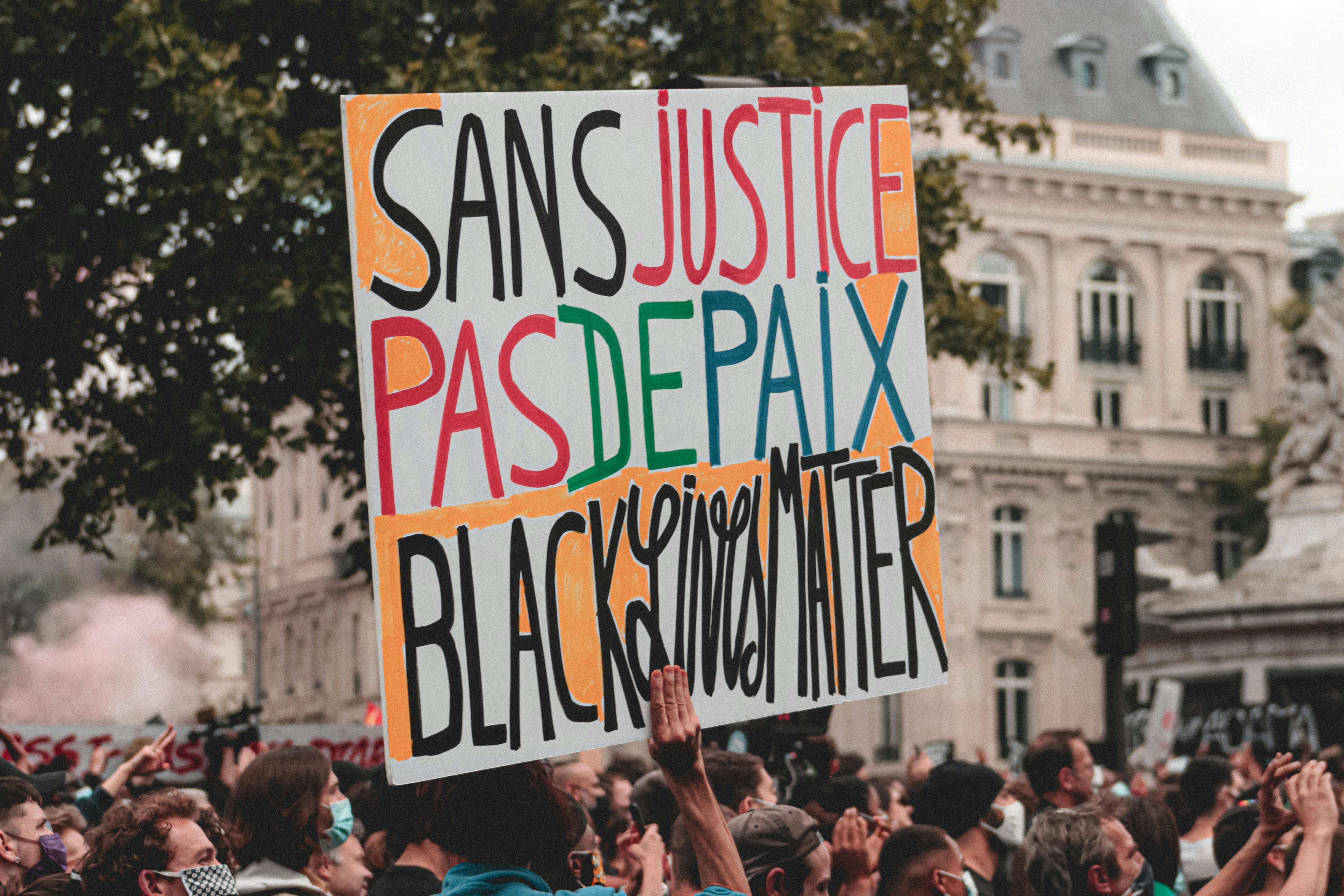Ghana, like many other developing countries, has had difficulty establishing an effective police service. Before independence in March 1957, the colonial police were recruited by British officers mainly from certain northern Muslim tribes who had built a reputation for honesty and discipline. These men owed their livelihood to the colonial administration, and stationed for the most part far from their home towns, they served loyally on the oft-spoken principle of ‘I like my pay’. Independence, however, inevitably led to the recruitment of a more evenly drawn polyglot police force from among all the country’s tribes.
After independence, many Ghanaians viewed the central government as a holdover from the old colonial regime with the police force as its protector, and this view may well have been strengthened by the continued service of colonial-era trained personnel. Over time, the northerners were replaced and numerically diluted by recruits from the larger tribes in the center and south of the country. Unfortunately, these newcomers as a whole had a stronger loyalty to the clan or tribe than to their employer because many more officers served in their home region and among people who spoke the same vernacular. In addition, the worsening economy reduced the value of wages, further weakening ties with the service. Rumors of corruption, nepotism, and favoritism began to proliferate.
In this way, the police force lost the opportunity to become a people’s police, capable of working in harmony with and for the public in order to maintain law and order. Instead, many continued to see him as an arm of an alien central government and, at the same time, a money-hungry predator with unfair powers to oppress the people. Few crimes were solved, and many people suspected that most crimes reported to the police were ignored without attempting to investigate. Some cases taken to court, prosecuted by semi-literate police officers and defended by skilled graduate lawyers, did not produce convictions despite red-handed evidence.
However, some individual police officers continued to serve nobly. In revolutionary times, when passing through Kumasi meant negotiating eleven road barriers set up by popular committees, workers’ committees, the army and the police, only one person, a withered and gray-haired police corporal, asked for the vehicle’s papers and walked gravely around . registration verification, road tax, insurance and security risks. Needless to say, he didn’t ask for a bribe before passing the vehicle.
Police on road traffic duty in Kumasi in the 1970s did much to create a degree of public interest in the service. At a busy traffic junction, Asafo Circle, they set up a round wooden platform on which an officer stood to direct traffic. One man was a skilled acrobat and dancer who delighted passing motorists with his clever antics and graceful, precise directions. He gained local celebrity status and crowds of pedestrians flocked to watch his performances, which did little to ease the congestion but were enormously entertaining.
Some mornings, this star performer was replaced by an extraordinarily beautiful female officer who became equally popular. It was even said that traffic flow increased because many drivers swerved to pass this long-legged goddess on her pedestal. The scene inspired a visiting expat academic to proclaim in an article that “Ghana has the most beautiful traffic police in the world.” If there is a way for the Ghana Police Service to establish a caring relationship with the public, it may well be signed by the pioneering efforts of this duo.
